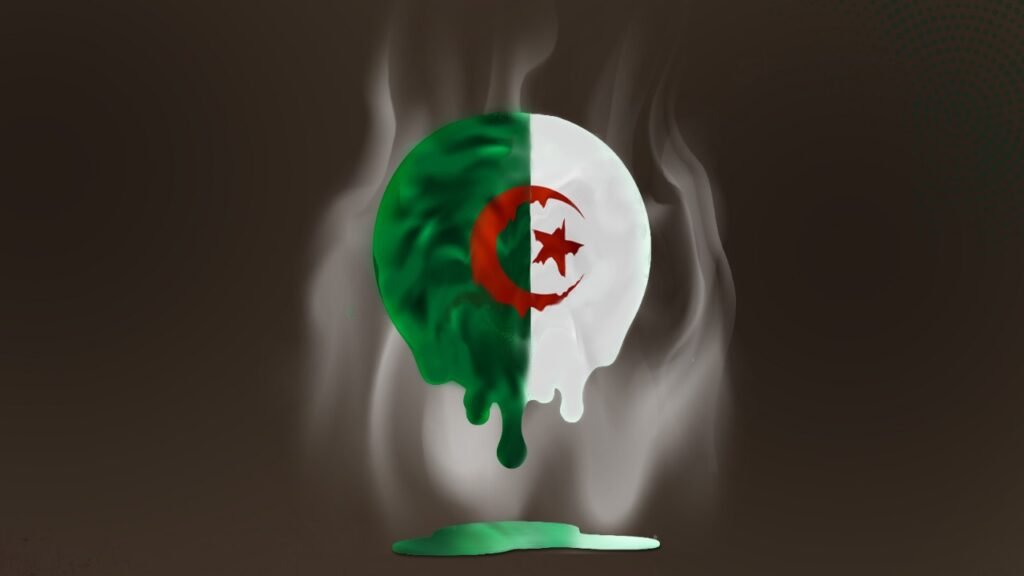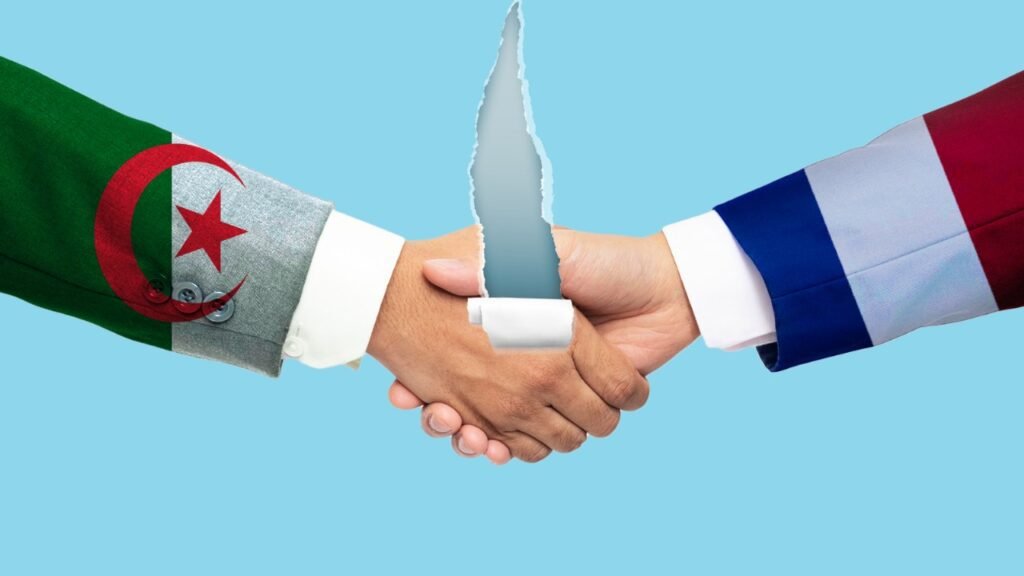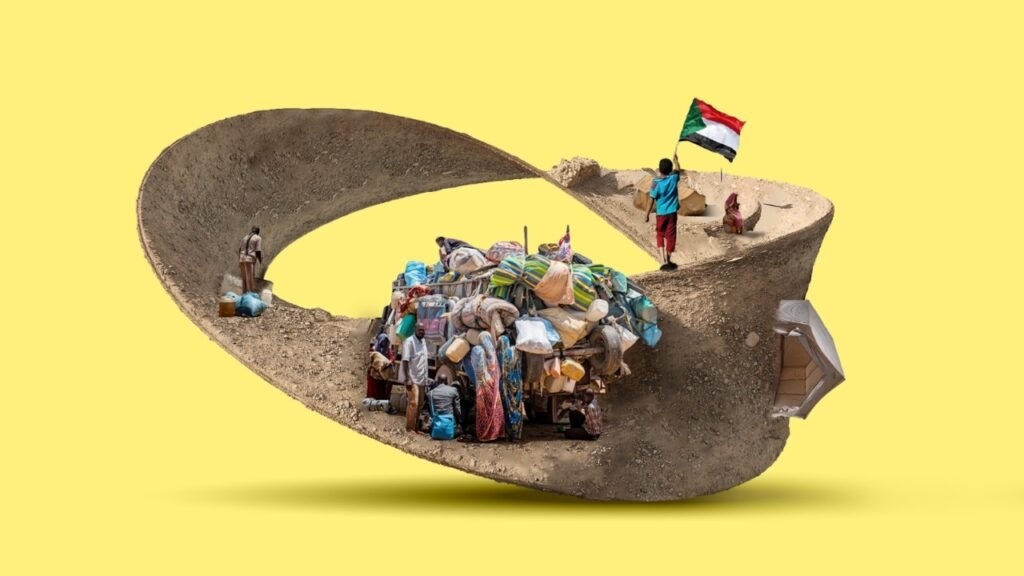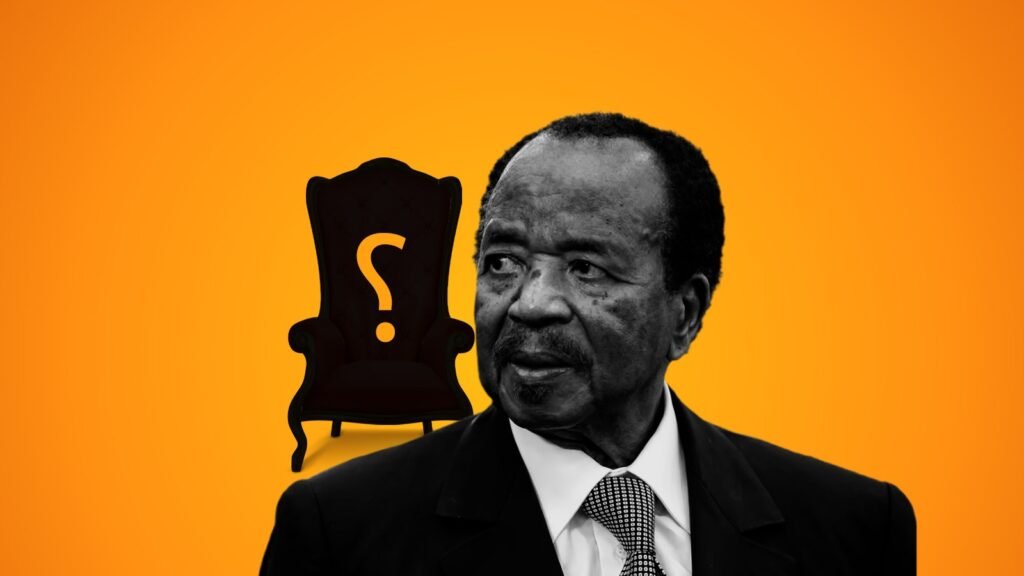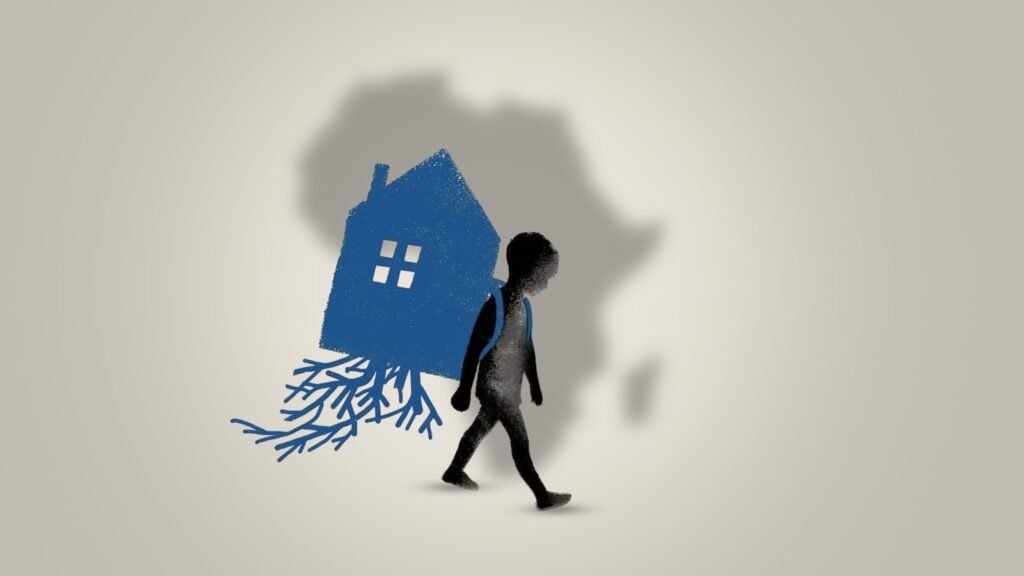Experts paint a stark picture of the Middle East and North Africa’s climate crisis, as 2024 becomes the hottest year on record. Data reveals an average global temperature 1.6°C above pre-industrial levels, with “feels like” temperatures exceeding 59°C in parts of Algeria, leaving scientists and climate activists deeply concerned about the region’s future.
Specialists in climate policy describe a cascade of challenges unleashed by extreme heat: water shortages, rolling power outages, and rising deaths among vulnerable populations, including Hajj pilgrims and refugees. “This isn’t just a weather phenomenon,” stresses Hanen Keskesof Greenpeace MENA. “It’s an environmental and social catastrophe. Marginalized communities are bearing the brunt of a crisis they contributed little to creating.”
Water stress has become a defining feature of the MENA region, with projections that by 2050, every country in the area will face extreme water scarcity. A climate resilience expert underscores that the impact on agriculture has been devastating, with crop failures pushing food prices to unprecedented highs. “We’re seeing ‘heatflation’ drive poverty deeper,” the expert explains, pointing to soaring costs for staples like onions and tomatoes in Egypt, Iraq, and Morocco.
Algeria’s protests over water rationing in 2024, coupled with deadly wildfires in the previous year, illustrate how the crisis is fueling unrest. “Climate instability is exacerbating existing political and social tensions,” notes an environmental sociologist. “Governments must act now to prevent this from spiraling further.”
As heatwaves intensify, so does irregular migration. Analysts note a growing pattern of North Africans embarking on dangerous Mediterranean crossings. Many are driven by the worsening effects of climate change, which also affects refugees. Aid organizations report Sudanese families dying en route to Egypt, with aid workers lamenting the lack of international support for climate migrants. “This is a global justice issue,” Keskesasserts. “The world’s wealthiest nations focus on border security while neglecting equitable solutions.”
Negotiations at last year’s global climate summit, Cop29 in Baku, highlighted this disparity. Experts criticize developed nations for failing to deliver sufficient climate finance to the Global South. Instead of the $1.3 trillion requested to mitigate and adapt to climate change, wealthy nations pledged just $300 billion—a move described by campaigners as “a betrayal.”
“Developing countries are being forced into debt to address a crisis they didn’t cause,” says Asad Rehman, director of War on Want. Climate advocates emphasize that MENA countries contribute less than 5% of global emissions yet endure some of the worst impacts, while oil-rich Gulf nations like Saudi Arabia and the UAE expand fossil fuel production.
Andreas Sieber of 350.org explains the paradox: “Countries like Qatar and the UAE are among the top per capita emitters globally. Their wealth shields them from the crisis’s worst effects, but their actions perpetuate global emissions.”
With experts warning that by 2050 heatwaves exceeding 56°C could become the norm in MENA, the region faces a pivotal moment. Whether through adaptation, resilience building, or global cooperation, the time for decisive action is now. As Keskes concludes, “The question isn’t whether MENA can survive this crisis—it’s whether the world is willing to help ensure it does.”
